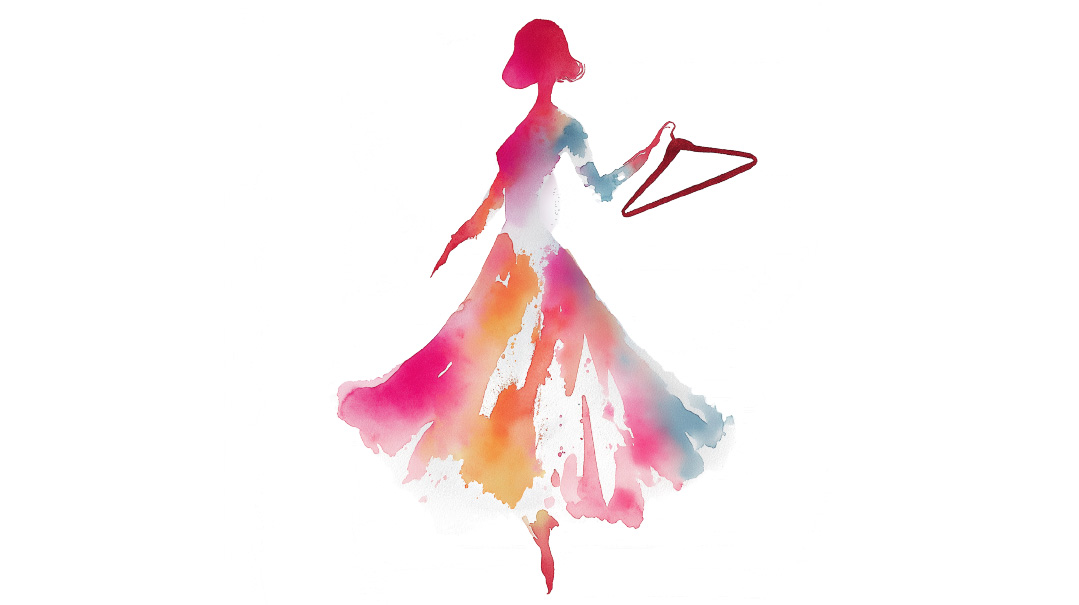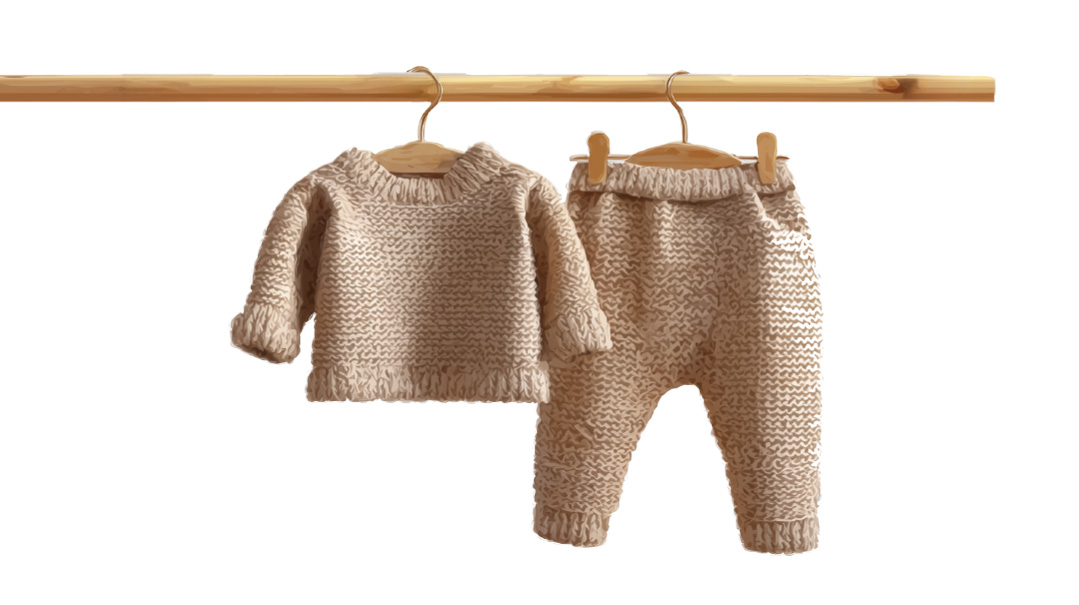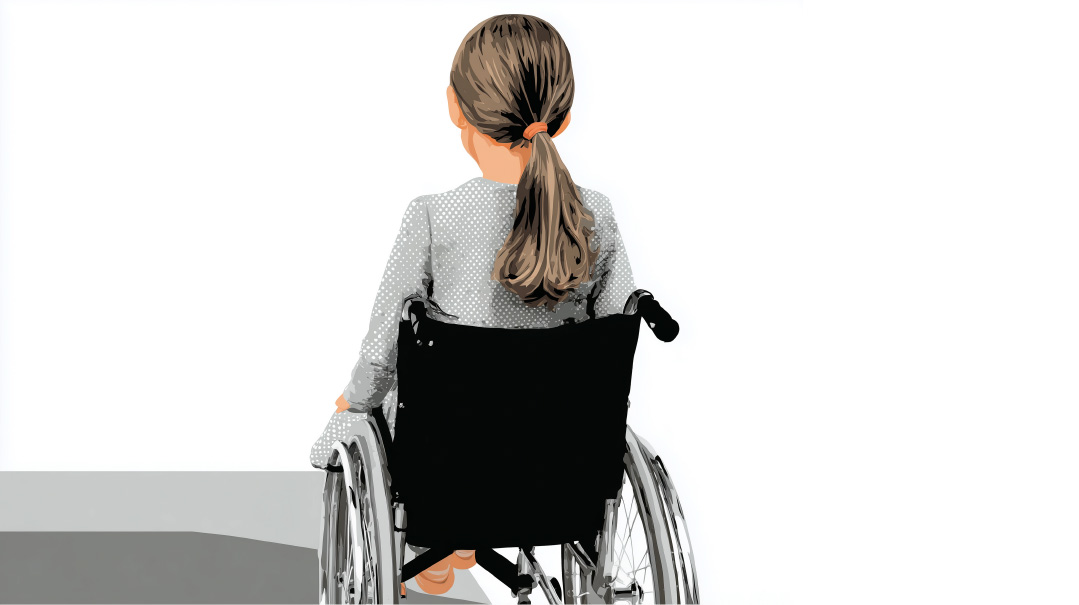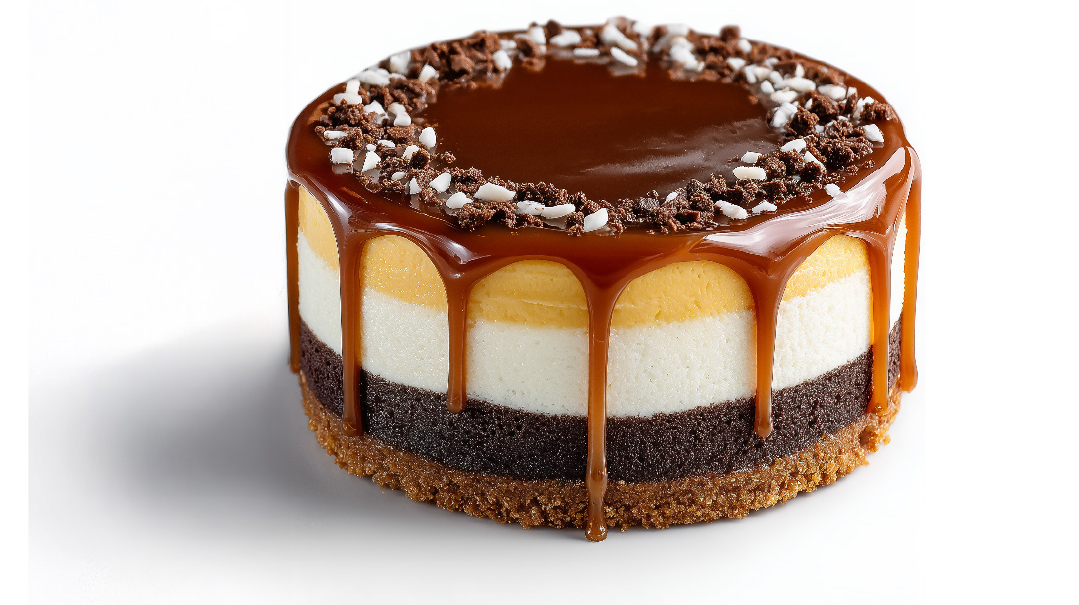Taking Challah
| March 26, 2024During the decade and a half of my marriage, the process of making challah sustained me
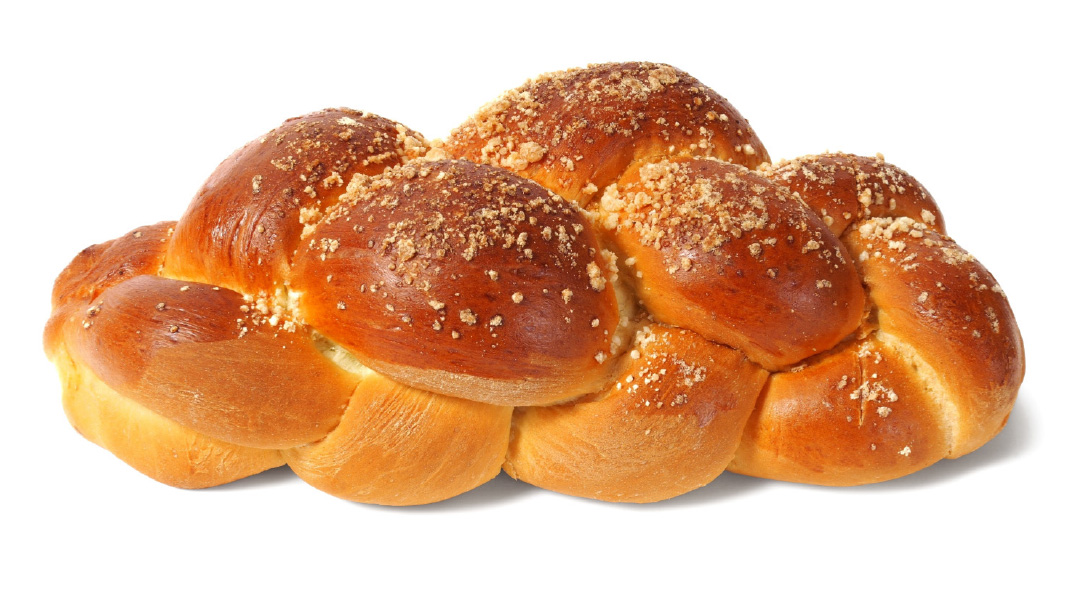
A divorced friend texted me a picture of her kitchen countertop covered in a line of freshly baked challahs.
Good for you, I began to text back. I haven’t made challah since my separation.
Ha! Can I actually send that? I wondered. But divorce humor! It’s funny! I added, “No pun intended” just to make sure she realized I’m not odd enough to make a joke like that on purpose. Then, I promptly erased the entire text. A joke better suited for real life, I thought. The truth is this: While it might make a good joke, the whole thing is agonizing.
During the decade and a half of my marriage, the process of making challah sustained me. I would knead it by hand, mixing the frothy yeast and oil into the dry ingredients, savoring that magic moment when the batter of disparate ingredients transformed into a creamy dough. I let it rise, punched it down, and let it rise again. When I graced the Shabbos table with the finished product — whole golden loaves, crunchy on the outside, sweet and chewy on the inside — my husband thanked me, saying that even if I failed in other things, at least I was a good cook. He could say something like that, because aside from our children, there was rarely anyone else at the table. Guests were off-limits. “Why would I want anyone else at my Shabbos table when I have my precious family?” he would say.
It wasn’t until after my divorce that I fully understood the magnitude of abuse I had lived with — the gaslighting, the manipulation, the devastating isolation.
When I finally found it within me to leave my marriage, my life became a race for survival. For eight months afterward, the only challah we had were packaged mini-rolls with bright yellow egg yolk lacquered on the surface. There were no grocery lists, no time to wait for dough to rise, no place for kneading or mixing or savoring a magic moment. All that existed was pacing and panicking and the frantic beating of my heart. I fed my family with takeout and toast.
One day, perhaps inspired by the picture of my friend’s challah, I decided to go for it. I bought a six-pound bag of high-gluten flour, prepped my big metal bowl, warmed the water to proof the yeast, and choked back my tears. Why was I doing this? Why was I making challah when my children would take one bite and run away from the table? Why was I making challah when I couldn’t stand the thought that I would be the only one at the table, trying my hardest to make it feel like a real Shabbos? Every Shabbos meal was a painful reminder of what I didn’t have. What I never truly had.
Tears burned at my eyelids as I pressed my fingers through the dough. I made the brachah and separated a portion of dough, choking back a sob. Who was I, an unmarried woman, to be doing this mitzvah? I tried to collect myself and use the opportunity to daven for healing for my children and myself. For wholeness.
In the time since that moment, making challah has not only become less fraught; it has become an immeasurable blessing. No longer do I need to feel the pain of a lonely Shabbos table. I discovered the joy of hosting, of filling my Shabbos table with women and children who appreciate company and camaraderie as much as I do.
In the time since my first hafrashas challah, I have seen, time and again, that this mitzvah is not a married woman’s mitzvah, but any woman’s mitzvah. I have seen a single friend who makes five pounds of challah every week as a zechus for a shidduch. I have seen a divorced woman make challah for the sake of her four-year-old daughter, who loves the bonding activity. I have seen a widowed woman start a business selling her delicious challahs, using her talent to help her family survive. I have seen all kinds of women do hafrashas challah for the release of the hostages still in captivity.
I make challah now for myself and the guests who elevate my Shabbos table, giving my children and me the gift of a table that feels like Shabbos. And as I make the brachah, I think of what it means to be mafrish challah, how once we remove the part that does not belong to us, what is left is all our own: golden loaves, crunchy on the outside, sweet and chewy on the inside, and whole. Utterly, perfectly whole.
(Originally featured in Family First, Issue 887)
Oops! We could not locate your form.


